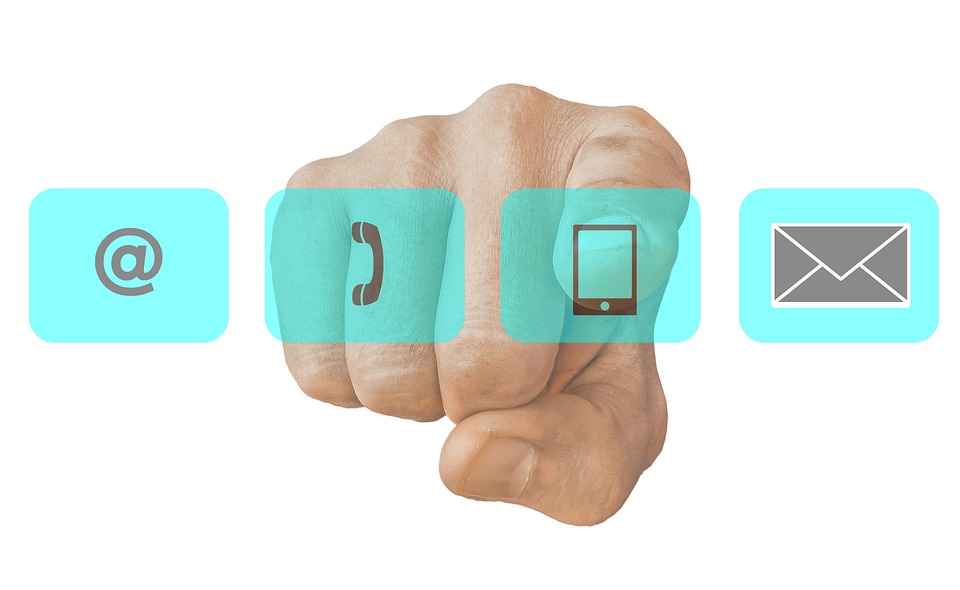In an era defined by rapid advancements in technology, shifting societal norms, and a growing emphasis on individual rights, the concept of freedom of choice has never been more relevant. Personal autonomy—the capacity to make informed, uncoerced decisions about one’s life and body—plays a fundamental role in shaping our identities, relationships, and overall well-being. As we navigate through an increasingly complex world, understanding how freedom of choice influences our lives can reveal not only the power of individual agency but also the responsibilities that accompany it.
The Essence of Personal Autonomy
Personal autonomy refers to the idea that individuals have the right to govern themselves and make choices that reflect their own beliefs, values, and desires. This fundamental human right underpins many aspects of life, from the most mundane daily decisions—what to eat for breakfast or which route to take to work—to the more profound choices regarding career paths, relationships, and reproductive health.
Historically, the evolution of personal autonomy has been intertwined with the struggle for civil rights and social justice. Movements advocating for gender equality, racial justice, and LGBTQ+ rights have sought to dismantle oppressive systems that limit individual choice. As societies have become more aware of the importance of personal autonomy, the recognition of diverse identities and experiences has expanded, allowing for a more inclusive understanding of freedom of choice.
The Impact of Freedom of Choice on Identity
The choices we make shape our identities and influence how we see ourselves and how we are perceived by others. In a world increasingly defined by individualism, the capacity to choose is often heralded as a cornerstone of personal identity. From fashion and dietary preferences to religious beliefs and political views, our choices are expressions of who we are and what we value.
However, the freedom of choice also carries a weighty significance: it requires us to engage in self-reflection and take responsibility for our decisions. The process of choosing can be daunting, as it often involves weighing multiple options and predicting future outcomes. This complexity can lead to what psychologists call "decision fatigue," where an excess of choices results in anxiety and a sense of paralysis. Nevertheless, cultivating personal autonomy invites us to embrace our capacity for choice, fostering a deeper connection with our authentic selves.
The Social Dimensions of Choice
While personal autonomy emphasizes individual decision-making, it is important to recognize that our choices do not exist in a vacuum. Societal structures—such as cultural norms, economic conditions, and legal frameworks—can significantly influence the range of options available to individuals. Issues such as access to education, healthcare, and economic opportunities play crucial roles in shaping the ability of individuals to exercise their freedom of choice.
Moreover, the power dynamics inherent in societal contexts can complicate the notion of autonomy. For instance, marginalized communities often face systemic barriers that limit their choices and perpetuate cycles of inequality. The struggle for social justice thus becomes intertwined with the pursuit of personal autonomy, as advocates seek to dismantle oppressive structures that hinder individual freedom. Addressing these inequities is essential in ensuring that all individuals have the genuine ability to make choices that reflect their values and aspirations.
The Balance of Freedom and Responsibility
With freedom of choice comes the responsibility to consider the implications of our decisions—not only for ourselves but also for those around us. In an interconnected world, our choices can have far-reaching effects, influencing family dynamics, community relationships, and even global trends. Ethical dilemmas often arise when personal choice collides with social responsibility, forcing individuals to navigate complex moral landscapes.
For instance, discussions surrounding public health, environmental sustainability, and consumer behavior highlight the need for conscientious decision-making in the face of personal freedom. Striking a balance between exercising our autonomy and acknowledging our interconnectedness requires us to engage in critical thinking, empathy, and collaboration.
Conclusion
Freedom of choice is an essential and dynamic aspect of personal autonomy that shapes our lives in profound ways. It allows individuals to express their identities, navigate societal complexities, and take responsibility for their decisions. However, this freedom is not without its challenges, as the interplay between individual choice and social responsibility presents ongoing dilemmas.
As we continue to explore the boundaries of personal autonomy in a rapidly changing world, fostering an environment that promotes genuine freedom of choice for all individuals remains a vital pursuit. By embracing our agency while being mindful of our responsibilities to each other and our communities, we can create a society that truly values and upholds the principles of personal autonomy. In the end, it is through the choices we make that we define not only ourselves but also the world in which we live.





